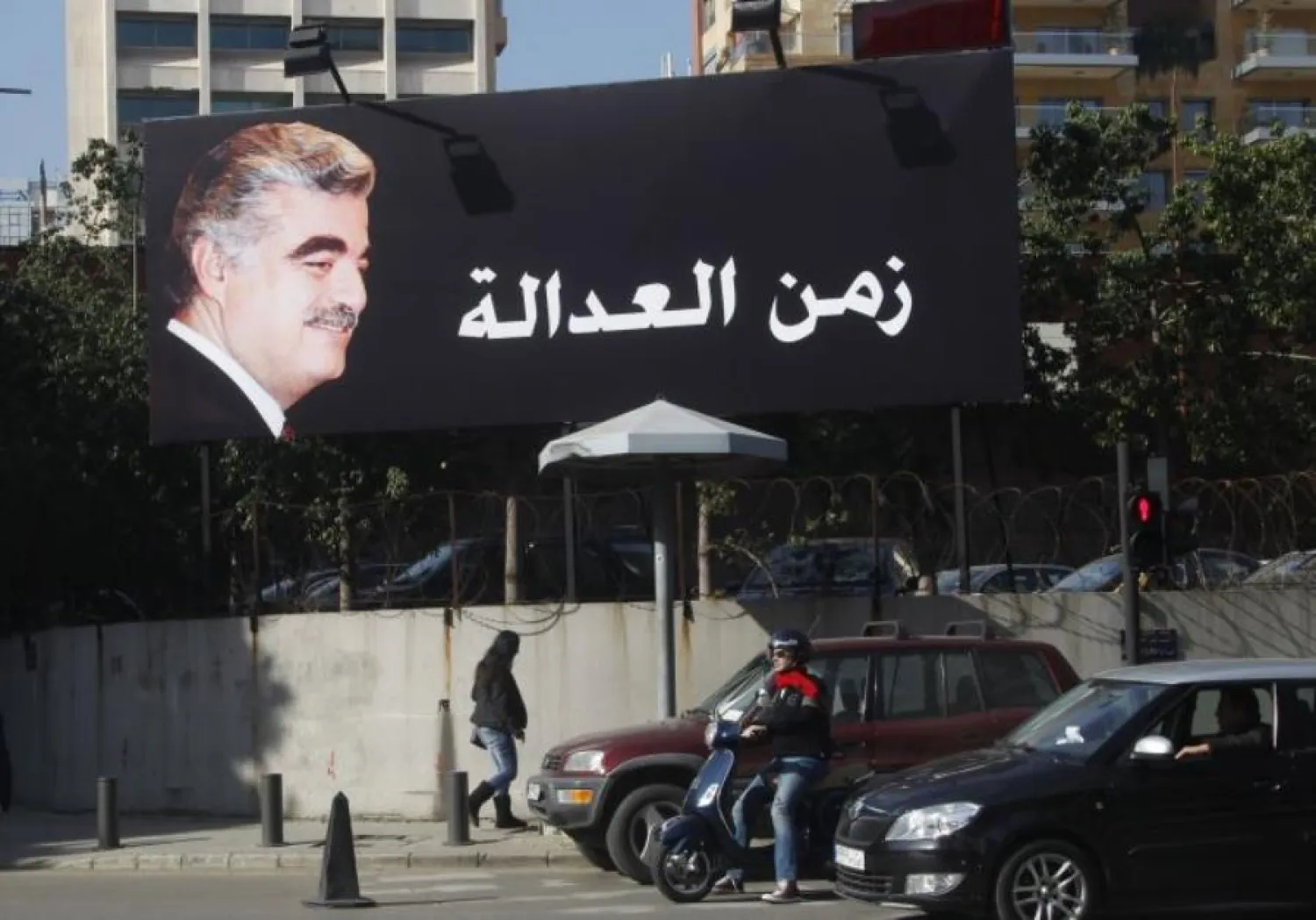The Special Tribunal for Lebanon Prosecutor has completed the presentation of evidence in the Ayyash et al. Case before the court, marking the conclusion of the prosecution's case in the 2005 assassination of former Prime Minister Rafik Hariri, the STL said.
Since the start of the Prosecution case, it has presented evidence from over 260 individual witnesses and about 2,470 exhibits in documentary form, the tribunal said Wednesday.
The next step in the proceedings will be in accordance with Rule 167 of the STL Rules of Procedure and Evidence entitled “Judgement of Acquittal at the Close of the Prosecution Case”. In accordance with that rule, the judges will issue such a judgement on any count if they find that there is no evidence capable of supporting a conviction on that count, even in the absence of a Defense case.
The Trial Chamber will hear on February 20 and 21 the Rule 167 submissions of the Defense, any response from the Prosecution and any reply from the Defense. A judgement of acquittal or a decision dismissing the application will be delivered in court as soon as practicable thereafter, the court said in its press release.
The accused in the Ayyash et al. case, Salim Jamil Ayyash, Hassan Habib Merhi, Hussein Hassan Oneissi and Assad Hassan Sabra, who are “Hezbollah” members, remain at large. The proceedings against them are being held in absentia. On July 11, 2016, the Appeals Chamber ordered the termination of the proceedings against Mustafa Badreddine, without prejudice to the right to resume the proceedings, should evidence that he is alive emerge in the future.
Badreddine was killed in Syria in May 2016.









